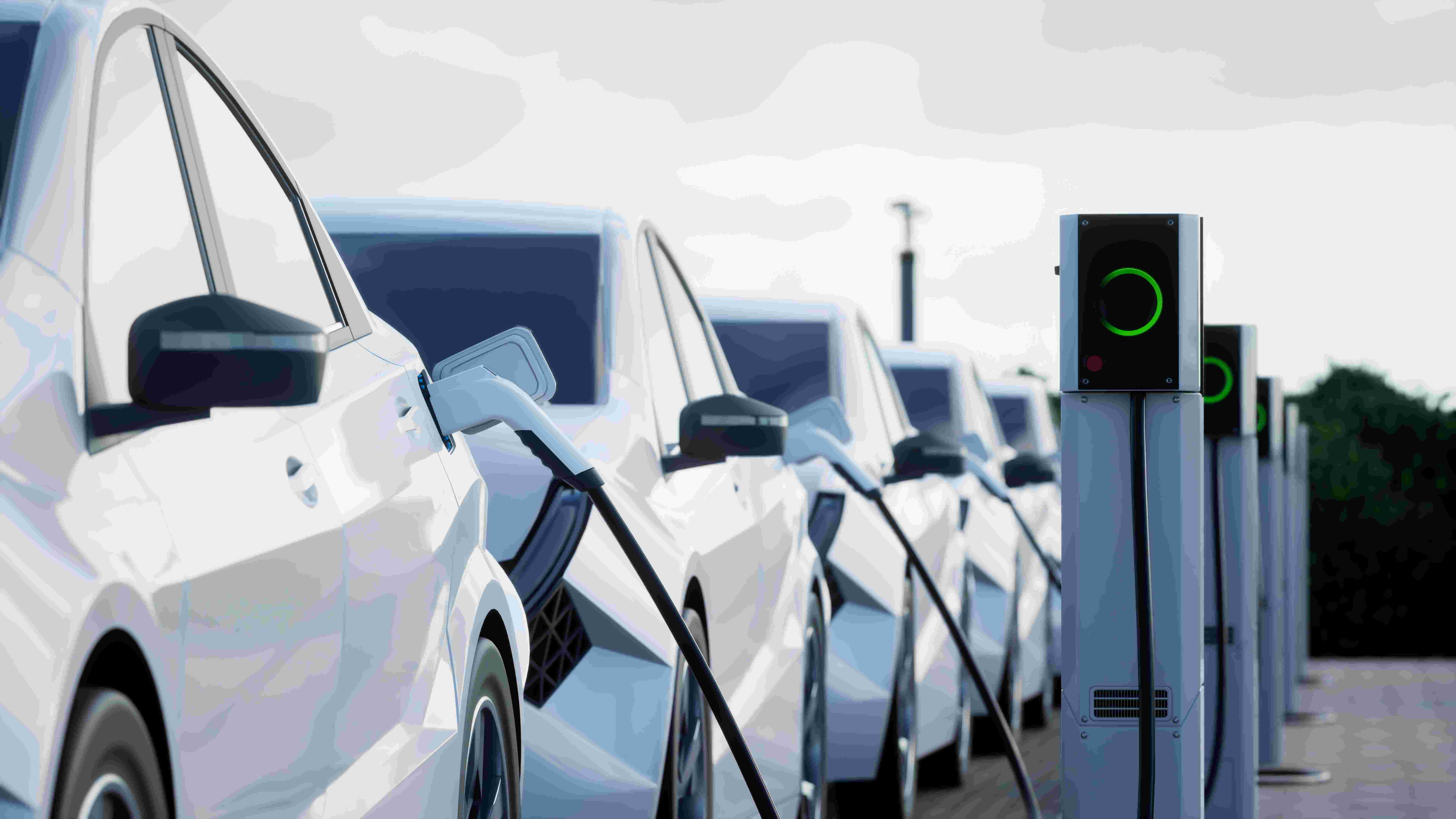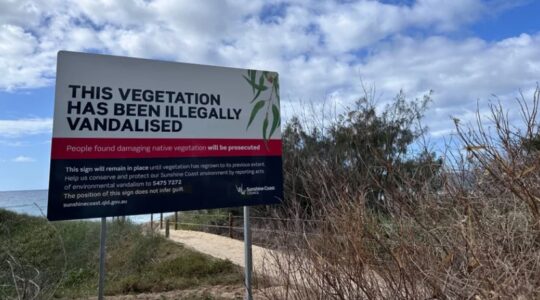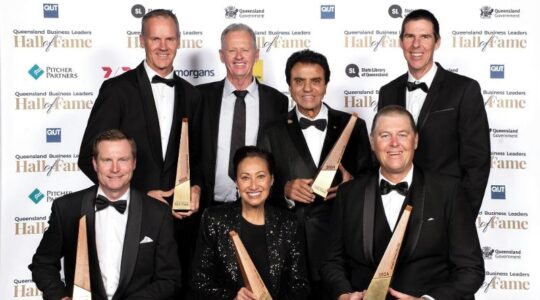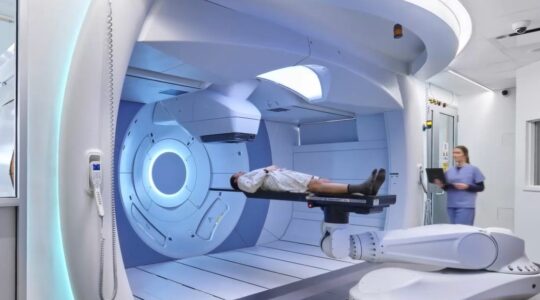A New Vehicle Efficiency Standard will begin in Australia from January, after legislation was passed in Federal Parliament.
The Standard will only apply to new cars, with a wide range of industry groups saying Australians could now expect a larger range of diesel, petrol, hybrid and electric vehicles to enter our markets.
Federal Transport Minister Catherine King said the new Standard would reduce emissions from new passenger vehicles by more than 60 percent by 2030, and roughly halve the emissions of new light commercial vehicles over the same period.
“Motorists are predicted to save around $95 billion in fuel alone by 2050 and over the same period, transport sector CO2 emissions by are expected to be reduced by around 321 million tonnes,” Minister King said.
She said Australia was joining most of the global car market in having a Standard and as a result Australians would have more options.
Electric Vehicle Council Chief Executive Behyad Jafari said car makers were now incentivised to offer their best and most affordable electric options to Australians.
“Most Australian drivers are now considering electric options and more choice will naturally drive greater take-up of EVs. Ultimately, these standards will mean all Australian consumers are paying lower fuel bills, breathing cleaner air, and enjoying a greater choice,” Mr Jafari said.
Farmers for Climate Action CEO Natalie Collard said the new Standard would give farmers choice, already available in most other countries.
“Given almost every other country in the world has vehicle pollution standards for new vehicles and Australia did not, car makers were sending their most polluting and least fuel efficient cars to Australia. Now, Australian farmers will finally get the choice of new vehicles which farmers in the US, the UK and New Zealand were already getting,” Ms Collard said.
She said vehicles which could become available to the Australian public included the Ford F150 Lightning, Tesla Cybertruck, or the Rivian R1T, which all had towing capacities of around five tonnes and ranges up to 600km on a single charge.
The Australian Automobile Association welcomed the move, but said it must supported by a suite of policies and programs to drive behaviour change.
It said Australia’s EV recharging network needed significant private sector investment, but the lack of long-term policy certainty was a disincentive.
“The increasing inequity of current motoring tax arrangements is another complex issue (which) demands a bipartisan approach,” it said in a statement.








